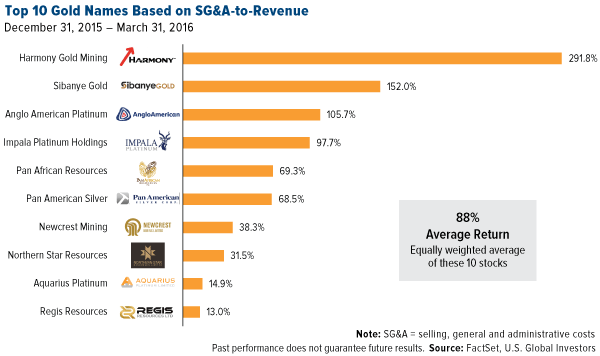Of course, a company must meet several other factors before it qualifies for our models, but this is just one example of the type of rigorous quantitative analysis we conduct.
Probability Is in the Pudding
In Moneyball, Lewis quotes Dick Cramer, cofounder of STATS, a sports statistics company: “Baseball is a soap opera that lends itself to probabilistic thinking.”
The world of investing is the same, and lately there’s been no better soap opera than watching the major indices hit near-daily all-time highs on hopes that President Donald Trump and the Republican-controlled Congress can lower taxes, slash regulations and find the money to invest in the military and infrastructure. On Monday last week, the Dow Jones Industrial Average posted its
Last week I was in Vancouver attending YPO EDGE, the annual summit for business executives from more than 130 countries. YPO, which stands for Young Presidents’ Organization, has roughly 24,000 members worldwide. Together, they employ 15 million people and generate a massive $6 trillion in revenue annually.
What I appreciate about YPO is that it stresses peer-to-peer learning. Those who think it’s all about networking and cutting deals are missing the point.
The theme this year was disruption—how innovative breakthroughs in technology, medicine, transportation, machine learning and more have transformed, and will continue to transform, the world we live and work in.
“Disrupt, or get disrupted,” John Chambers, executive chairman and former CEO of Cisco, said during his conversation with CNBC’s Tyler Mathisen.
Chambers was speaking specifically of what he calls the “digital era,” which will soon replace the information age. The internet of things is expanding very aggressively right now, but it’s still in its infancy. In 10 to 15 years, Chambers says, more than 500 billion devices worldwide will be connected to the internet. This will irrevocably change how we live our daily lives, conduct business, deploy health care, invest and more.
So what does this mean? For one thing, Chambers estimates that as much as 40 percent of companies now in operation around the world will not exist “in a meaningful way” sometime within the next two decades. To survive, companies will need to reinvent themselves by integrating digitization into the fabric of their business strategy. In the world Chambers imagines, every company will be, at its core, a technology company, and data will become the new oil.
After his presentation, I had the pleasure to share a few words with Chambers in private. I was amazed to hear that, during his tenure as CEO in the 1990s, Cisco had an unbelievable compound annual growth rate (CAGR) of 65 percent. I was even more amazed to hear that he managed to turn 10,000 of his employees into millionaires. I don’t know if that’s a record, but it wouldn’t surprise me if it was. He told me that he wouldn’t be able to do the same today because of our current tax laws. In any case, Chambers embodies all that makes America great—curious, innovative, forward-thinking and willing to share his share his success with his employees.
How to Pick Home Run Stocks, According to Moneyball
A lot of what Chambers talked about during his presentation reminded me of one such disruptor, Billy Beane, the former general manager of the Oakland A’s and subject of Michael Lewis’ 2003 bestseller Moneyball: The Art of Winning an Unfair Game, which was later turned into a 2011 film starring Brad Pitt. Despite being about baseball, it’s one of the best books on stock-picking ever written.
For those unfamiliar, Moneyball tells the story of the A’s’ famous 2002 season and Beane’s efforts to build a competitive team despite a lack of revenue and the recent loss of several key players, among other disadvantages. Making matters worse, conventional factors for selecting new players—long …read more
Source:: Frank Talk
The post Disrupt… Or Get Disrupted appeared first on Junior Mining Analyst.

